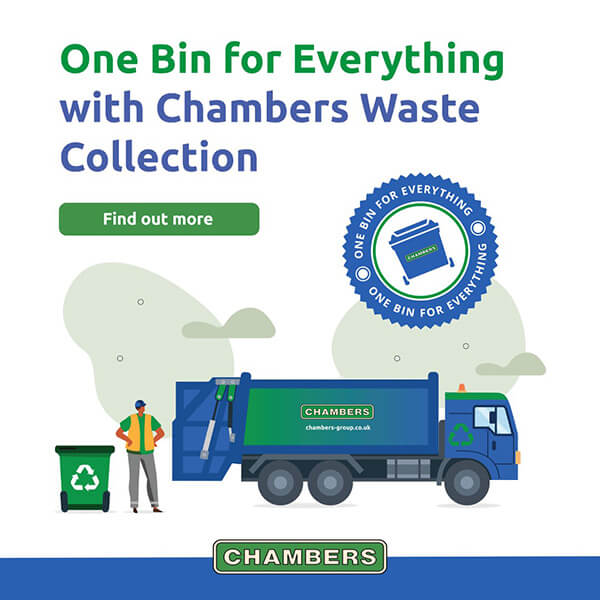Renovating your home with sustainability in mind is not just about reducing your carbon footprint; it’s also about creating a healthier and more efficient living space. Inspired by some of Britain’s superhomes, here are 10 small-scale, energy-saving ideas for sustainable renovation.
Reclaimed Wooden Flooring
Opting for reclaimed wooden boards not only adds character to your space but also reduces the demand for new materials. These pre-seasoned boards are durable and won’t warp over time. Additionally, cork flooring offers a renewable alternative with excellent thermal and acoustic properties.
Eco-Friendly Paint
Say goodbye to harmful chemical emissions with low- or no-VOC paints. These eco-friendly options provide vibrant colours and durability without compromising on quality.
Recycled Surfaces
Consider installing recycled worksurfaces in your kitchen. Manufacturers like GlassEco and Design Finger offer bespoke surfaces made from waste products such as glass and concrete, contributing to a circular economy.
Natural Lighting
Maximize natural light in your home by strategically placing mirrors and reflective surfaces. For windowless rooms, consider installing sun tunnels to channel daylight from the roof.
LED Lighting
Make the switch to LED bulbs for energy-efficient lighting. LED bulbs consume less power and last longer than traditional incandescent bulbs, helping you save on energy costs in the long run.
Draught-Proofing
Seal gaps and cracks around windows and doors to prevent heat loss. Simple measures like installing draught excluders and chimney balloons can significantly improve energy efficiency.
Green Roofing
Enhance insulation and biodiversity by installing a green roof. These eco-friendly roofs not only reduce energy costs but also create habitats for wildlife.
Low-Flow Bathroom Appliances
Upgrade your bathroom with low-flow toilets and showerheads to conserve water. Dual-flush toilets offer even greater water savings, helping you reduce your environmental impact.
Wood-Burning Stoves
Heat your home sustainably with a modern wood-burning stove. These efficient stoves can provide both warmth and hot water, reducing reliance on fossil fuels.
Reclaimed Furniture
Furnish your home with reclaimed furniture to minimize waste. Explore online marketplaces for unique pieces or get creative with upcycling to give old furniture a new lease on life.
By incorporating these sustainable renovation ideas into your home, you can create a space that is not only environmentally friendly but also comfortable and stylish. Let’s build a greener future, one renovation at a time.


